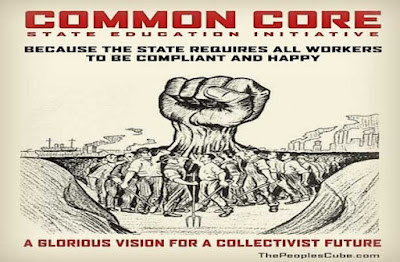Via
WRSA
Like Goethe’s Young Werther (
The Sorrows of Young Werther (German
: Die Leiden des jungen Werthers, 1774) Europe is committing suicide.
An unrequited love, as was the case with Goethe’s protagonist, except
in this case it’s not for Lotte but for non-White, non-Christian
“humanity.” An inability to take one’s own side in a conflict — ditto
Werther, plus that’s the very definition of “Progressive.” A conviction,
like Werther’s, that her suicide is necessary to restore balance and
happiness — in her case, of the world. And voilà: the shot booms.
This being the 21st century, a pastiche of Beethoven’s and Schiller’s
Ode to Joy
is playing in the background, affirming the suicide’s undying
“celebration” of the “European values” of “unity in diversity, freedom,
peace, and solidarity.” Which would have been great, had the diversity
not been artificially torqued to include at least 50 million aliens from
all corners of the Third World. The great majority of whom are
unalterably alien and unabsorbable Muslims.
Now even that has been superseded by prostration before a drowning
tide of “refugees” from Africa and the Middle East — mostly Muslims,
too. Muslims that Europe has fought at least ten major wars between AD
711 and 1699 to keep out of Europe, not counting dozens of bloody
regional wars that individual nations had to wage to protect themselves
from Islamic aggression, e.g. Russia (nine wars with Turkey alone ending
1878), Poland, Hungary, Byzantium, Greece, Cyprus, Serbia, Bosnia,
Montenegro, Albania and others.
All that is accompanied by massive propaganda, lying, obfuscation,
subterfuge, blackmail of dissenters and sheer terror at the hand of the
states’ and EU’s ruling elites, hired “anti-racist” hounds, journalists
groomed by postmodern Marxist mentors, freelance Antifa shock troops,
and their Muslim allies. The psychotic illusion started long ego, when
Richard Coudenhove-Kalergi’s foisted his European Union “dream” onto the
European elite in the 1920s. The elite then foisted it on a bamboozled
population, beginning in the 1950s-60s (see Jean Monnet, Giscard
d’Estaing, Helmut Kohl and others)
[1].


